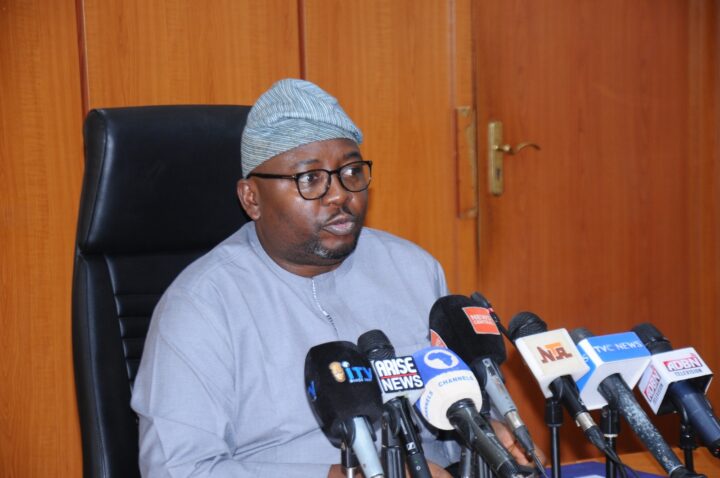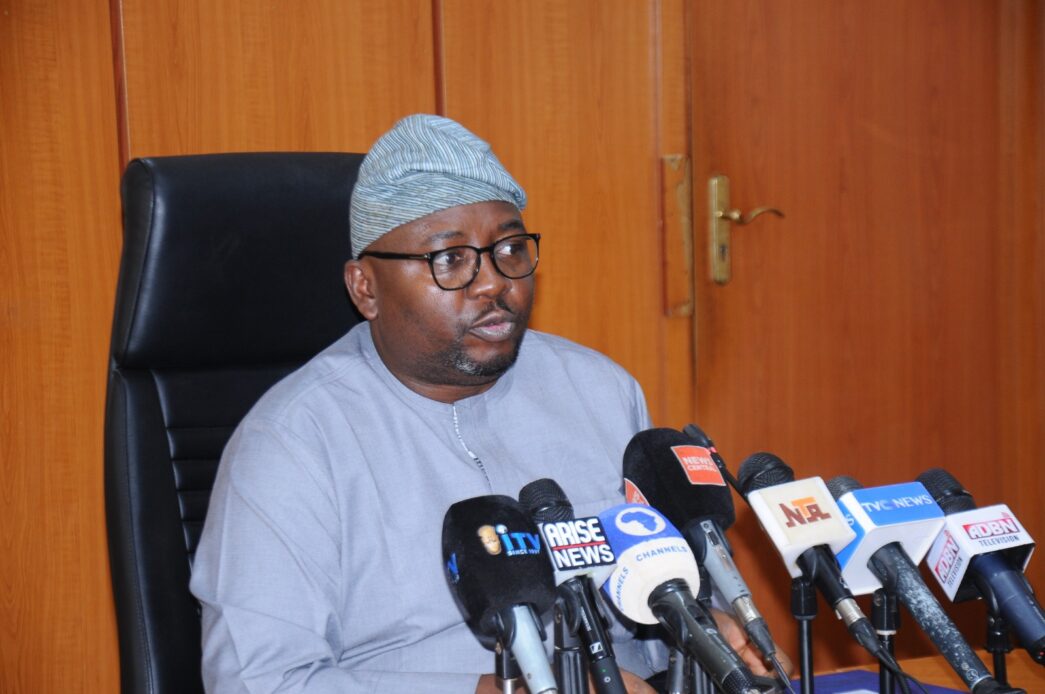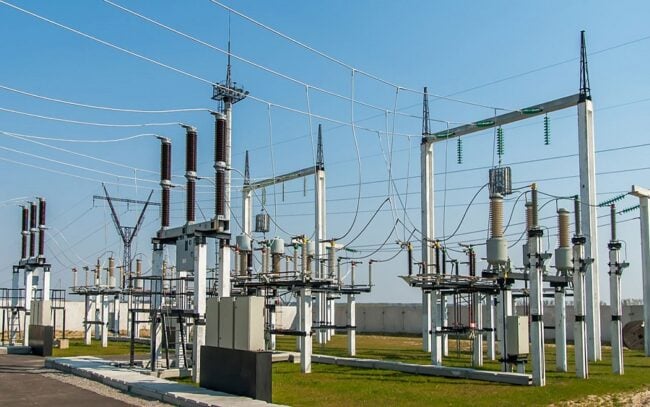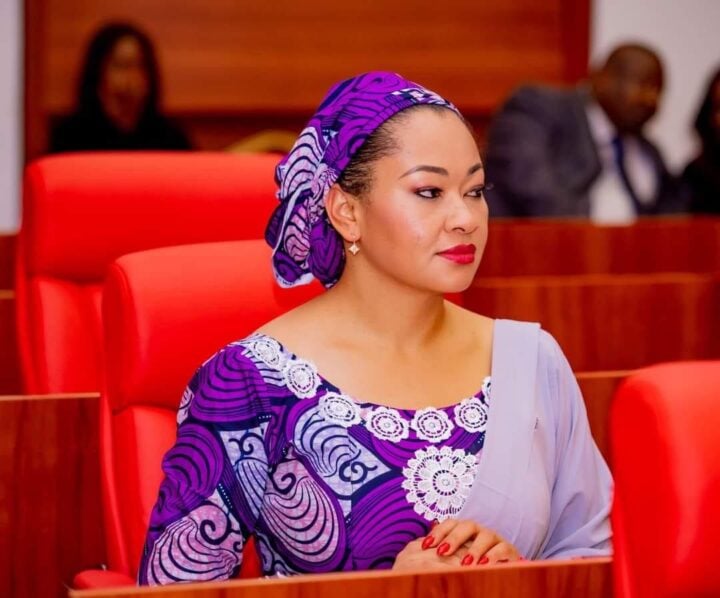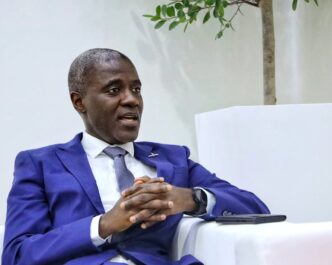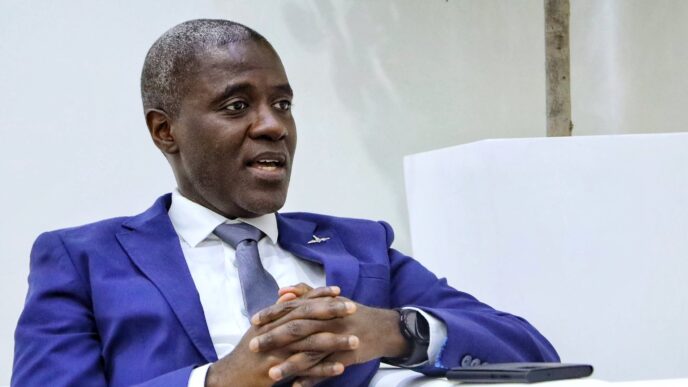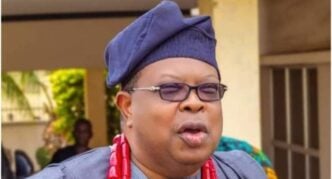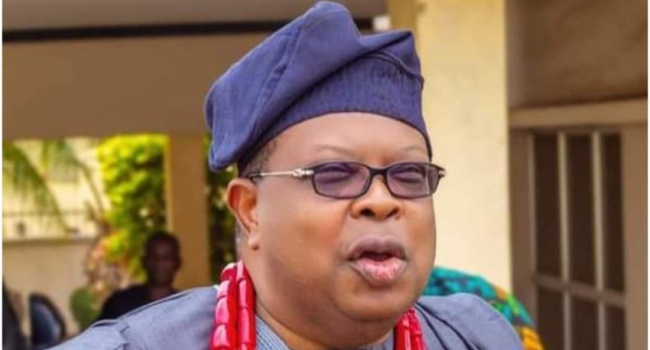Adebayo Adelabu, minister of power, says the federal government is set to pay nearly N2 trillion out of the N4 trillion owed to power generation companies (GenCos) before the end of the year.
Adelabu spoke during a ministerial press briefing in Abuja on Thursday, where he addressed concerns about rising energy costs, unpaid subsidies, and recent tariff adjustments.
On April 14, GenCos said the debt owed by the federal government and stakeholders threatens their operations.
The GenCos demanded immediate implementation of payment plans to settle all outstanding GenCos invoices.
Advertisement
Speaking at the meeting, the minister said the debts are primarily unpaid subsidies—half of which were inherited, while the other half accumulated during the 2024 fiscal year.
“These debts are unpaid subsidies due to the power-generating companies. We plan to pay close to N2 trillion out of the N4 trillion owed before the end of the year,” Adelabu said.
He explained that the payments would be made through a combination of cash — via budgetary provisions — and promissory notes, which would serve as guaranteed debt instruments that generating companies could discount at banks for immediate cash.
Advertisement
The minister added that the government was in discussions with the ministry of finance and the coordinating minister of the economy to finalise the structure for the payments.
“I can tell you that between now and the end of the year, they’re going to pay close to N2 trillion out of these N4 trillion,” he said.
‘TARIFF REVIEW NECESSARY TO SUSTAIN THE SECTOR’
Responding to questions about the recent increase in electricity tariffs, Adelabu said the adjustments were necessary to protect the long-term viability of the power sector while targeting subsidies to those who need them the most.
Advertisement
“Before now, about 85 percent of customers were paying around N60 per kilowatt-hour, while the actual cost of supplying power was about N170. Only 15 percent of customers — mostly Band A — pay N209, and that is where there is a small margin,” he said.
“We’re not eliminating subsidies entirely, but we must restructure them. In the past, subsidies largely benefited high-consuming households. Now, we’re designing a system where only low-consumption users—mostly poor households—enjoy the subsidy.”
Adelabu also said that government oversight would remain strong, especially in ensuring that distribution companies (DisCos) meet their service obligations.
“Any DisCo charging Band A tariff but failing to provide 20 hours of electricity daily will be penalised,” he said.
Advertisement
“We’ve already seen cases where companies were fined over N200 million, and we won’t hesitate to do more.”
Despite public discontent over the recent tariff review, the minister maintained that the government remains committed to affordability.
Advertisement
“We are not on the side of the companies — we are on the side of Nigerians. But we must also face the reality that energy, like food, is expensive everywhere in the world,” he said.
On infrastructure plans, Adelabu said the government has earmarked N25 billion in the 2025 appropriation bill to light up major highways as part of national security efforts.
Advertisement
“This is beyond just supplying power to homes and businesses. Lighting up highways is part of our strategy to improve security. Once we get budget releases, we will begin immediate implementation,” he said.
Adelabu stressed that the power sector’s challenges are not just about generation but about ensuring that available power gets to consumers efficiently and reliably.
Advertisement
The minister reiterated the government’s commitment to improving service delivery and called for patience as structural reforms continue across the electricity value chain.
